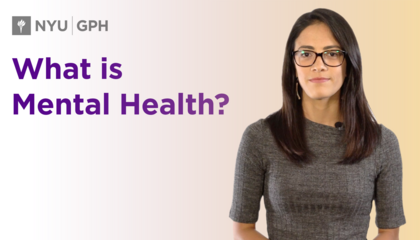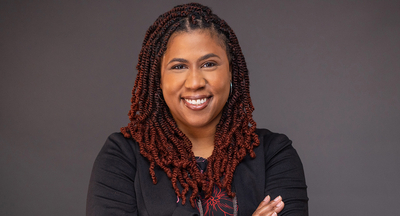Labs & ClubsAttachment and Health Disparities Research LabThe Attachment and Health Disparities Lab seeks to understand health disparities observed among young sexual and racial/ethnic minorities through the lens of Dr. Cook’s integrated theory of adult attachment and minority stress. Though current theoretical paradigms of attachment indicate how individuals respond to stress, these theories do not adequately account for the unique impact of social stressors on individual health and well-being, which may be of critical importance in understanding the drivers of health in marginalized populations. The negative social valuation of a marginalized identity—such as a sexual minority identity or a racial minority identity—causes stress in persons with a marginalized social status beyond the level of stress that people generally experience; this excess stress has been named minority stress. However, many theories of minority stress are limited and inadequately delineate the associations between attachment orientation, stress, and subsequent health outcomes. Making these theoretical and empirical linkages is important for understanding how to address health disparities among disadvantaged individuals who are at heightened risk for experiencing minority stress compared to other individuals (e.g., African-American youth, sexual minority men). Therefore, one of the main objectives of Dr. Cook’s research is to understand the pathways and mechanisms located particularly at the intersection of marginalized identities that link attachment, minority stress, and health among disadvantaged individuals.
Mission for Mental Health (MMH)Mission for Mental Health (MMH) is currently a one of its kind club at CGPH with a sole focus on mental health. Our mission is to engage our fellow students, staff, faculty and the larger New York City community in discussions encompassing stigma, policy and health resources. We hope that our work ultimately leads to a better understanding of the many facets in mental health and begin to chip away at the stigmas surrounding a crucial, complicated aspect of wellbeing.
Population Impact, Recovery, and Resilience (PiR2)
The Program on Population Impact, Recovery, and Resilience (PiR2) applies social science and public health theory and methods to improving the health and well-being of communities and populations affected by, or at-risk of, complex hazards and disasters.
Mathematically, PiR2 is an equation describing the area of a circle. Its elegance is that it works for any size circle, large or small. This epitomizes our goal: to measure recovery and resilience within any size community, and to account for the multiple social, economic, and cultural systems that influence the health and well-being of the populations living within it.
Faculty at GPH
Stephanie Cook
Alexis A Merdjanoff
We all have a stake in making mental health a frequent topic of discussion. One in four people lives with a mental health condition. This should matter to all of us.

Join us as we discuss mindfulness practices and resources with Dr. LeConté Dill, a native of South Central Los Angeles who is current resides in Bed-Stuy, Brooklyn. She holds degrees from Spelman College, UCLA, and UC Berkeley. Dr. Dill is also a scholar, educator, and a poet focusing on violence prevention, resilience, and wellness, particularly for urban Black girls and other youth of color. Currently, Dr. Dill is Clinical Associate Professor in the Department of Social and Behavioral Sciences, and Director of Public Health Practice at the New York University College of Global Public Health.


